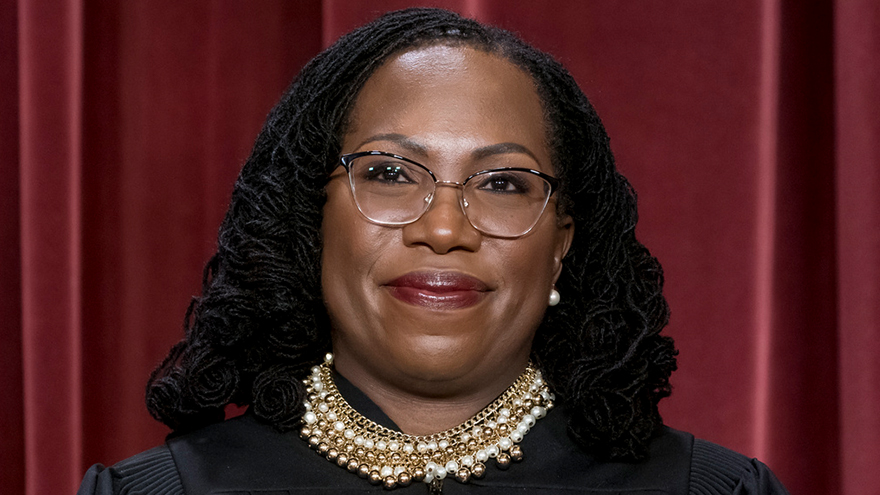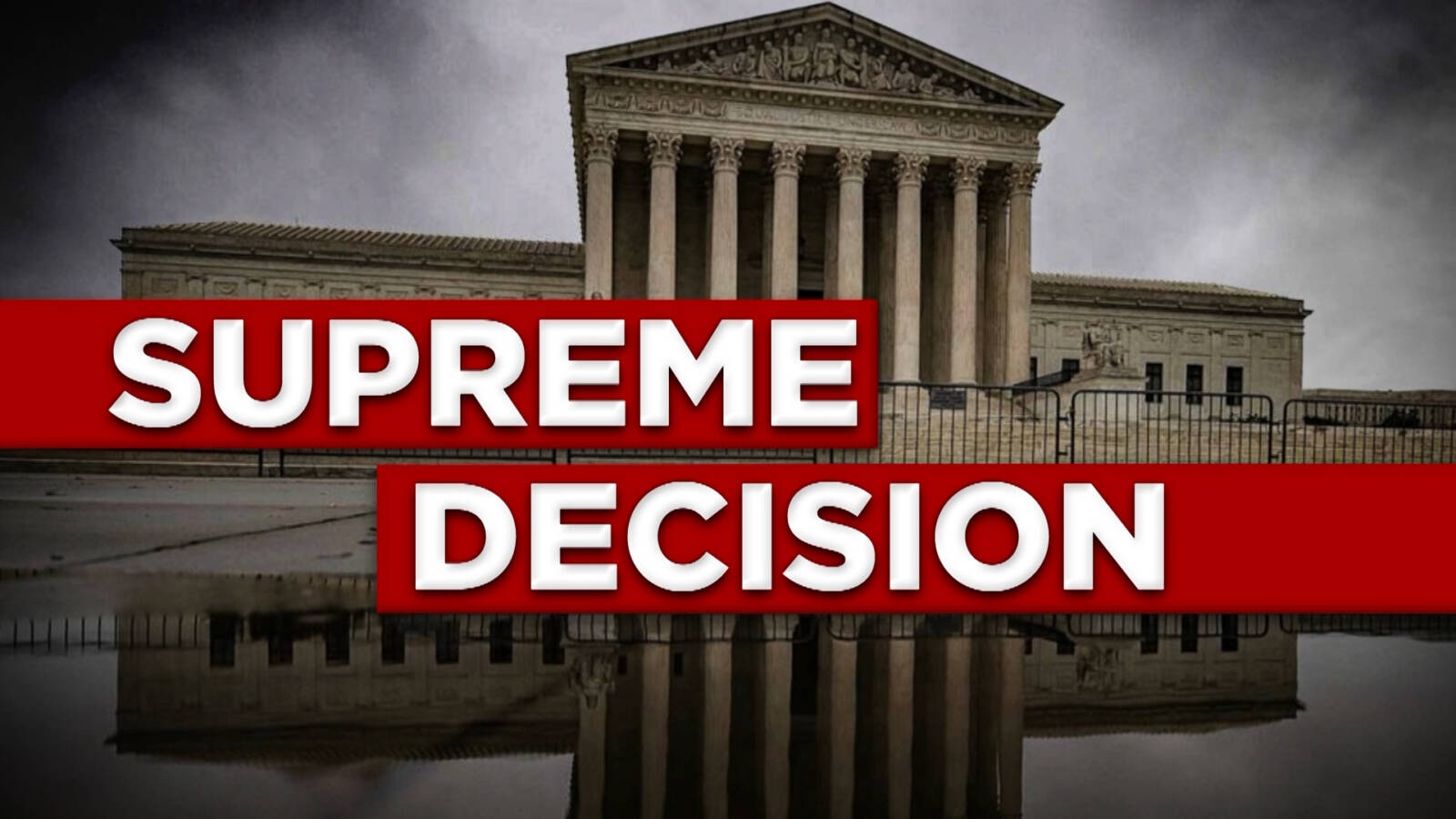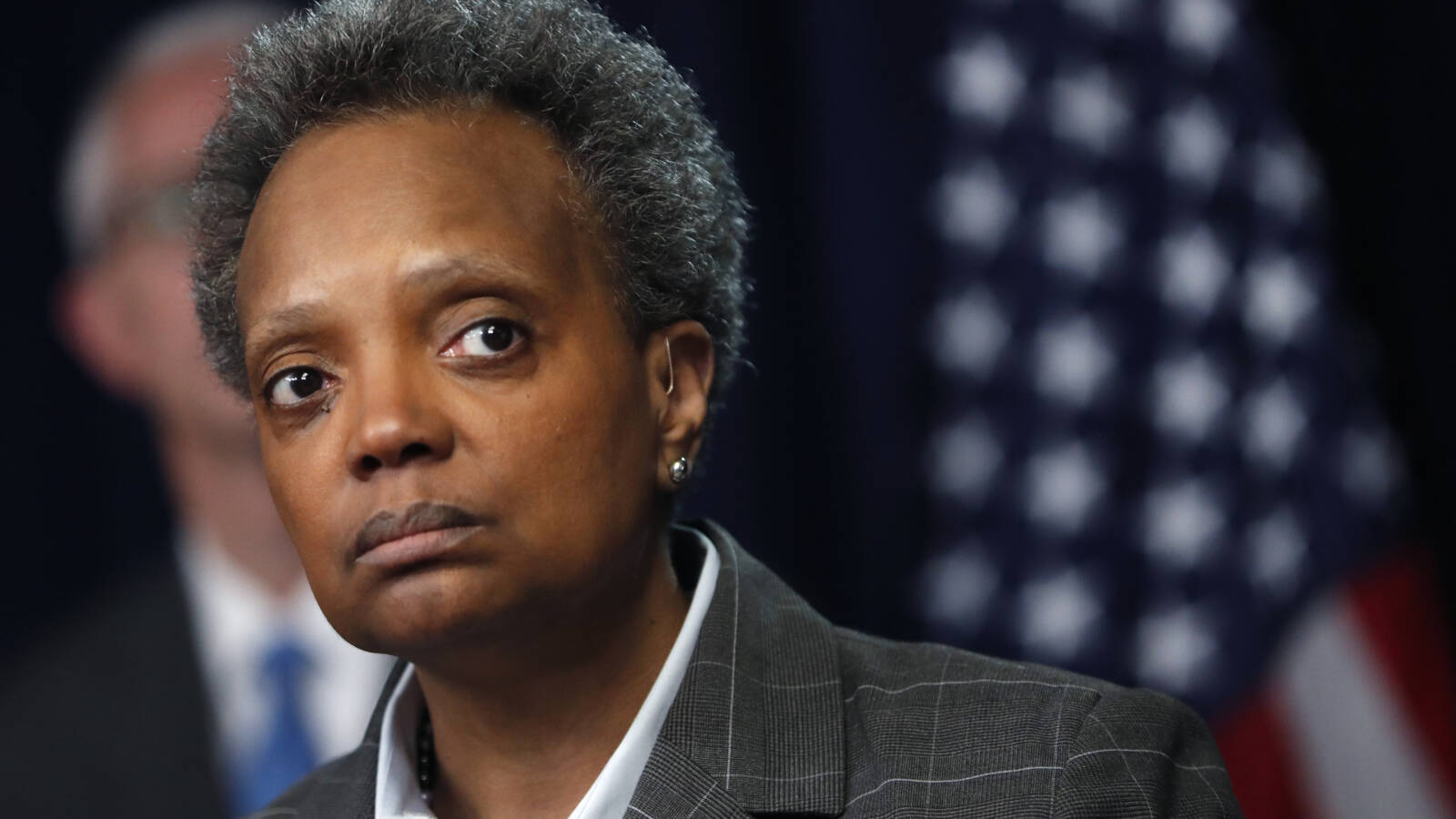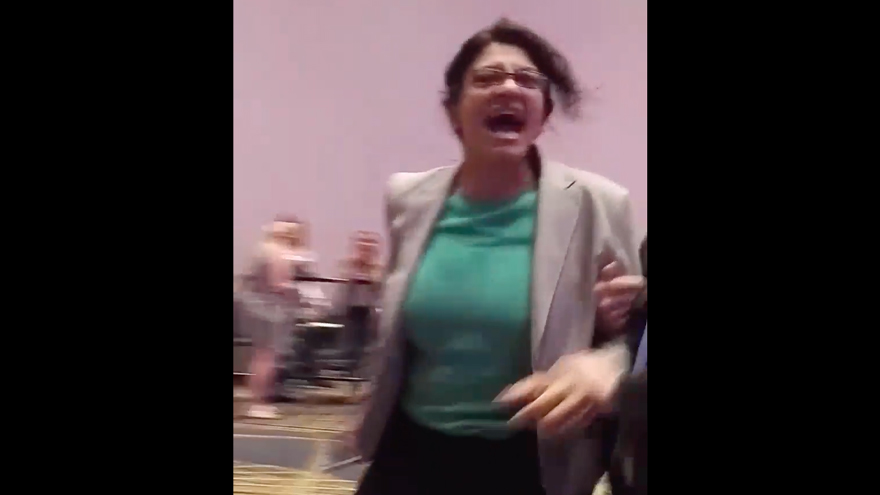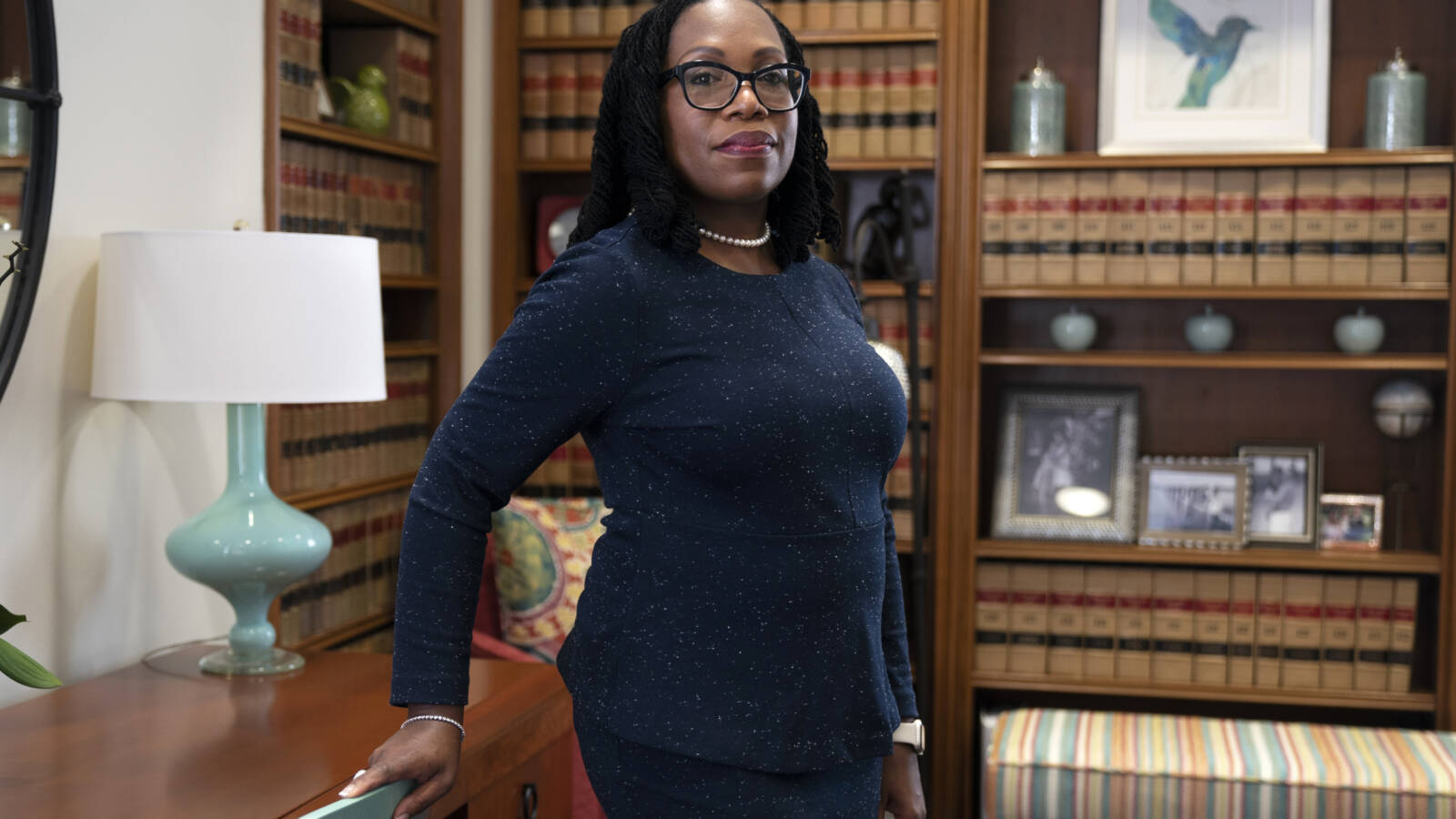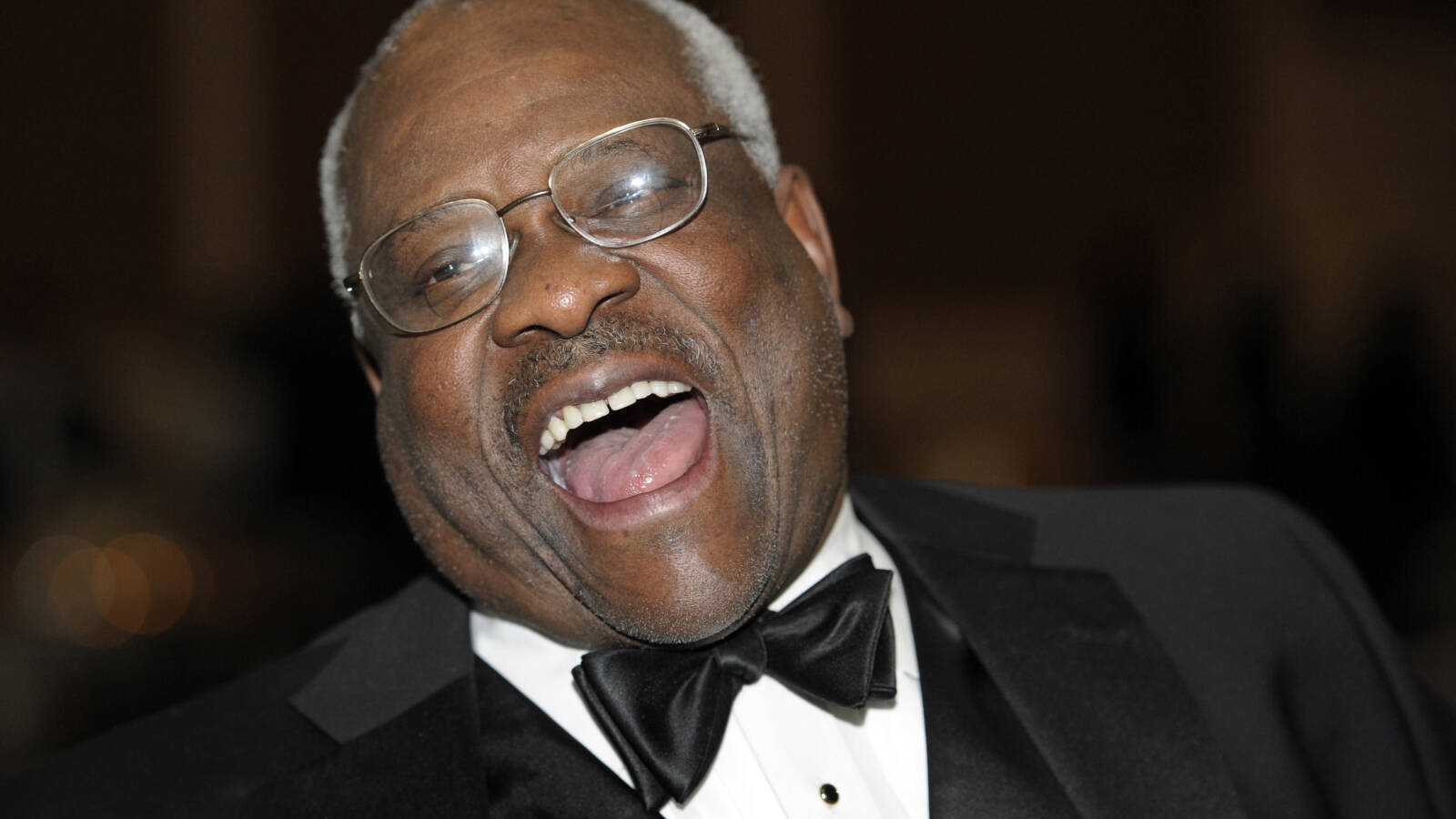In her early tenure, newly appointed Supreme Court Justice Ketanji Brown Jackson has carved out a distinctive place for herself on the bench – as the most verbose justice in the current court. According to analysis by Adam Feldman, the creator of the Empirical SCOTUS blog, Justice Jackson spoke more during her first eight arguments than any other justice currently sitting on the high court, tallying a record-breaking 11,003 words. This is a stark contrast to Justice Clarence Thomas who spoke only 96 words during his first eight arguments, and even outpaces Justice Amy Coney Barrett who registered 4,475 words in her comparable debut.
Justice Jackson’s expansive verbal contributions have continued throughout her first term, with a running total of about 36,000 words thus far. This significantly outstrips her most talkative colleague, Justice Elena Kagan, who has spoken around 24,000 words in the same period.
Yet, with this verbosity has come criticism about the accuracy of Jackson’s statements. Despite her voluminous contributions, some of her dissents have been criticized as being riddled with errors. One striking example can be found in her dissent in the court’s recent affirmative action case.
Jackson wrote, “It saves lives. For marginalized communities in North Carolina, it is critically important that UNC and other area institutions produce highly educated professionals of color. Research shows that Black physicians are more likely to accurately assess Black patients’ pain tolerance and treat them accordingly (including, for example, prescribing them appropriate amounts of pain medication). For high-risk Black newborns, having a Black physician more than doubles the likelihood that the baby will live, and not die.”
However, her statement was challenged in a Wall Street Journal op-ed by attorney Ted Frank, who called Jackson’s claim “mathematically absurd.” He clarified, “The study makes no such claims. It examines mortality rates in Florida newborns between 1992 and 2015 and shows a 0.13% to 0.2% improvement in survival rates for black newborns with black pediatricians (though no statistically significant improvement for black obstetricians).”
While Jackson’s tendency to be talkative has undoubtedly added a new dynamic to the court, concerns regarding the accuracy of her arguments highlight the ongoing challenges she faces. As her tenure unfolds, both her volume and veracity will continue to be closely watched.

